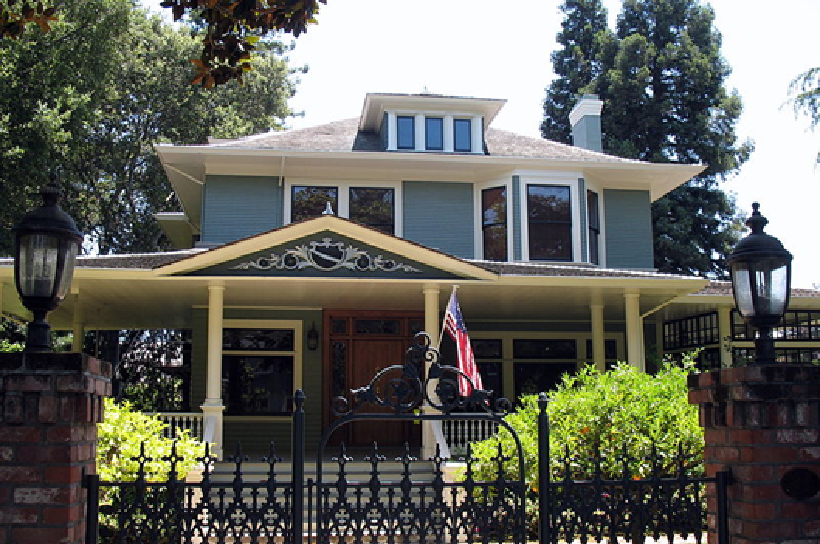Investing in real estate is considered to be a smart way to build wealth, but the housing crash of 2007 made investors view the real estate market with a lot more circumspection. Suddenly real estate seemed as volatile as the stock market.
In a recent article in the Silicon Valley Business Journal, published in partnership with the New York Times, Peter Heilbron, a senior investment officer at the wealth management firm Northern Trust, said he equates the losses that occurred from the 2007 housing crash to what happened to stocks during the Great Depression. “It’s not that the market went down,” said Heilbron, “it’s that people needed to sell the stocks on the way down. If I get into a downturn today, am I going to have to sell the things that I really need?”
Real estate has a good track record,” added Heilbron. “But we know that these downturns are going to come along from time to time.”
The first rule of thumb when it comes to investing in real estate is to ensure that you can remain in your primary residence during both strong economic periods and downturns. After all, your home means a lot more than just a financial investment.
If making additional investments, such as in a vacation rental or commercial real estate, puts your primary residence at risk, you should probably avoid it. Protecting your and your family’s financial security should be priority No. 1, before trying to build wealth with additional investments.
While it varies from person to person, the average time that Californians spend in their primary residences is 13 years, according to the financial website ValuePenguin. So, with your primary residence, you should have less concern about market fluctuations from season to season and year to year, and think about where the local economy might be by the time you’re ready to sell. Perhaps that’s when your kids are going to college, you’re retiring, or even when you think you might want to switch jobs.
In the San Francisco Bay and Silicon Valley areas, home prices are expensive not simply because we have great weather. The main reason is the plentitude of high-paying jobs. Investing in real estate in the Bay Area means you believe in the sustained ability of local companies and other organizations to create a lot of jobs that will require employees to be located here. If more organizations decide to move operations to less expensive locations or allow employees to work remotely, that could have an impact on the Bay Area housing market.
Having a good understanding of the tax benefits associated with investing in real estate can also help you to make optimal decisions so you’re prepared for the next downturn. For example, tax savings come from reinvesting proceeds from one real estate sale directly into another purchase. But if you’re in a situation where you’re forced to sell a property and you’re unable to buy another one, you could lose out twice, by selling in a down market and then getting taxed on the proceeds from your sale.
Another factor that can cushion you in a down real estate market is having a strong net worth that doesn’t include real estate, such as money in a 401k or IRA. This is what diversified investing is all about. Statistically, people who have a strong net worth outside of their real estate investments are less likely to default on their mortgage payments. So, if you’re putting all of your eggs into one basket, which is your real estate investment, you run a greater risk of losing it.
Another way to avoid getting hurt in a downturn is to downsize before the downturn occurs. Often people don’t think they’ll be comfortable in a smaller home until they actually downsize, and then they realize, it’s not so bad. In fact, it can be very liberating. Generally, with a smaller home, overall costs go down. Your mortgage will most likely be lower, as will your taxes, insurance, maintenance, and energy costs. In addition, furnishing the home can cost less. There’s a reason the tiny house movement has become such a phenomenon. People love the simplicity that it offers along with the lower costs.
Finally, while most Americans consider homeownership to be a big part of the American dream, there are definitely benefits to renting. If you work in an industry that has less job security or you’re a senior on a fixed income, renting can provide an affordable way to live without surprise expenses, like a new roof or water heater. In this case, your landlord has assumed all of the financial risk in the face of an economic downturn. And as renter, you have more flexibility to move somewhere less expensive than having to wait out a downturn before you sell.





